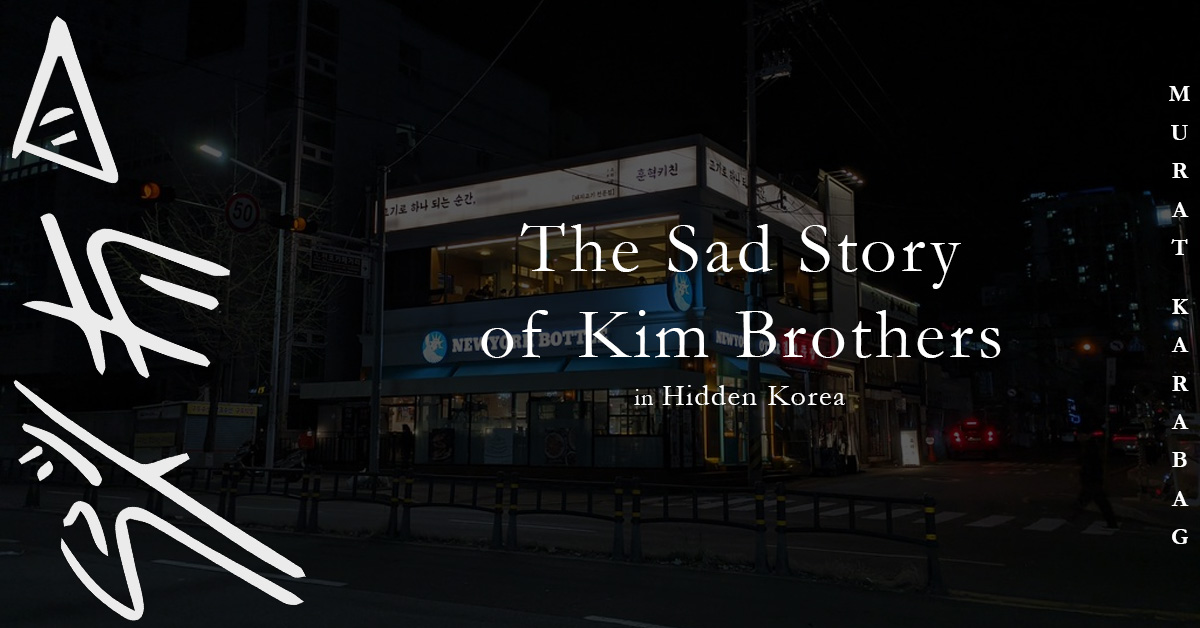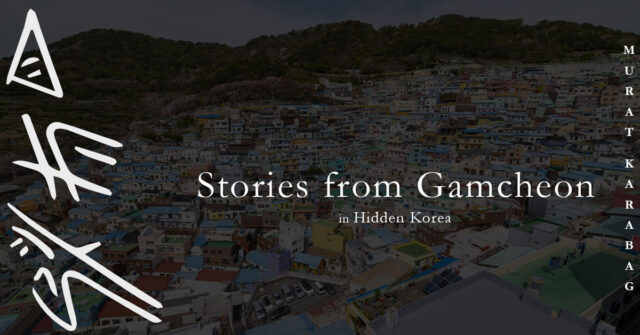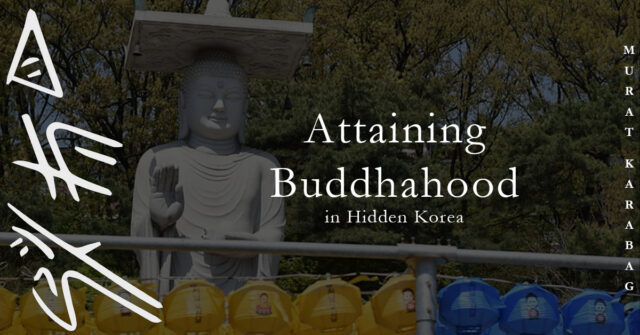Did you know that a worldwide famous coffee store actually was founded in Korea? Of course you didn’t! Let me tell you at least one case in which the Koreans aren’t the evil ones.
Our story begins in 1949, just the year before the war started. Two brothers, Kim Min-Jin and Kim Min-Cho, are traders that carry rice from the south and bring silk back from the north. The two were separated when the war broke out and Jin, the younger one that was down south, found the coming Americans a way to make income.
How? Coffee! Yes, it was a rare wartime commodity but isn’t that what makes it an even more profitable business?
Things worked really well for him. While his fellow Koreans suffered, he made cent after cent, dollar after dollar. Having no such thing as a bank, he, totally out of the enforcement of the circumstances, needed to leave his family house, handed to him after many generations had been born, lived, and died inside, for the rooms weren’t enough for him to store his wealth – all happening in only two short years
In the north, though, things were gloomy. Cho had been conscripted and served for the military actively for two years, for he spent another year in the hospital after his wounds, and was not only penniless but also hopeless once the madness was over. He was the first person to flee the north once the armistice was signed, not because he foresaw what was to come but only because he wanted to return home, where he found neither his brother nor mother but only strange faces, faces having eyes that looked at him with pity and mouths that spoke not a word that he’d rather hear but one: His brother had moved even more south, to Busan, but they didn’t see no woman around him, for maybe she was hiding, or she was no more. Cho wouldn’t manage to walk all the way, but somehow managed to find a way to reach the city.
He found Jin two months after reaching Busan, where he’d least expect such merry coincidence to happen: A brothel close to today’s port. The two hugged as if they hadn’t seen each other for a lifetime and talked for hours, for many hours indeed, during which the sun went down the horizon and up again, of the past, the distant past, of the day, and in the end, as in many other conversations, of the future. “Them Americans aren’t half as bad as you might think” Jin said, “they’re up to buy anything you give them. Especially coffee! They’d die without it. It’s our future, brother. These beans will make your living either”!
The two brothers had all they needed to migrate and start their business in the US. Jin had all they needed: Money, contacts, and experience. The two flew to Los Angeles first but finding it too hot for their taste, moved north to Portland. Now all they needed was finding a good spot and a good name for their coffee store and wait for their fame to spread around the city first, then country, then the world.
They did. They found a perfect location just on 5th Avenue. All was sorted but the name, hence official registration. “Found it brother” said Cho one evening. “Newyork Bottle. What say ye? And our logo will be that old ugly woman”? Jin agreed with his brother. They sorted the remainders out and the store opened silently on an October evening. They had thought of every single detail, going over everything maybe hundred times, and success in short notice came no surprise: It took only three years for them to open their second store, and only one more for the third. In 1960, they were at a crossroads: Should their new branch be in the same state or another?
“Let’s be slow, brother. We still have some life ahead of us” Cho said and rather than north, they went south, to Eugene, for their newest branch. This movement continued and Newyork Bottle had branches in all major cities and towns on interstate 5 by 1968 already, only except north of Portland. In 1969 their branch was opened in Seattle, which brought about the end of this growing legend.
Remember what the world went through in 1968? Kim brothers had sided with them new-gen hippies and stood against “the soldiers” who, albeit unknowingly but still in reality, gave them the life they had now: Having their own homes in the suburbs and penthouses at the heart of the downtown, driving the best cars and eating what the president himself does is what just few can enjoy. Repayment? Aye, that’s what’s asked of them.
One soldier somehow recognized Jin. Then came the lawsuits against the two brothers: It was my idea, your honour. Yes, I had told these back in Korea during the war. I’ve even lent him some. See, here’s my witness. Then these came with my idea and got rich. We’ve died for them to have a country, now they want more. Is this justice?
The verdict? American taxpayers had paid for their war, American soldiers had paid with their lives for their country and freedom. What more needed they? It was American veterans versus damn tiny eyed foreigners. Wasn’t the verdict clear from the very beginning?
Kim brothers needed to pay a huge lot and hand over their chain. They were practically bankrupt in American terms, but still had a little left much enough to run a small one in Korea. Unlucky in their new venture, they couldn’t repeat their success but nevertheless their legacy still is alive in Busan, where the two reunited, left and returned to Korea, and spent the remaining days of their lives afterwards:

What happened to the US chain, then? The soldiers that sued Kim brothers changed its name and logo first, then its concept. When they realized that this new concept didn’t work, they returned to what they stole from our Korean brothers. Today, they have thousands of branches across the world. Just looking at their logo should tell you enough:



